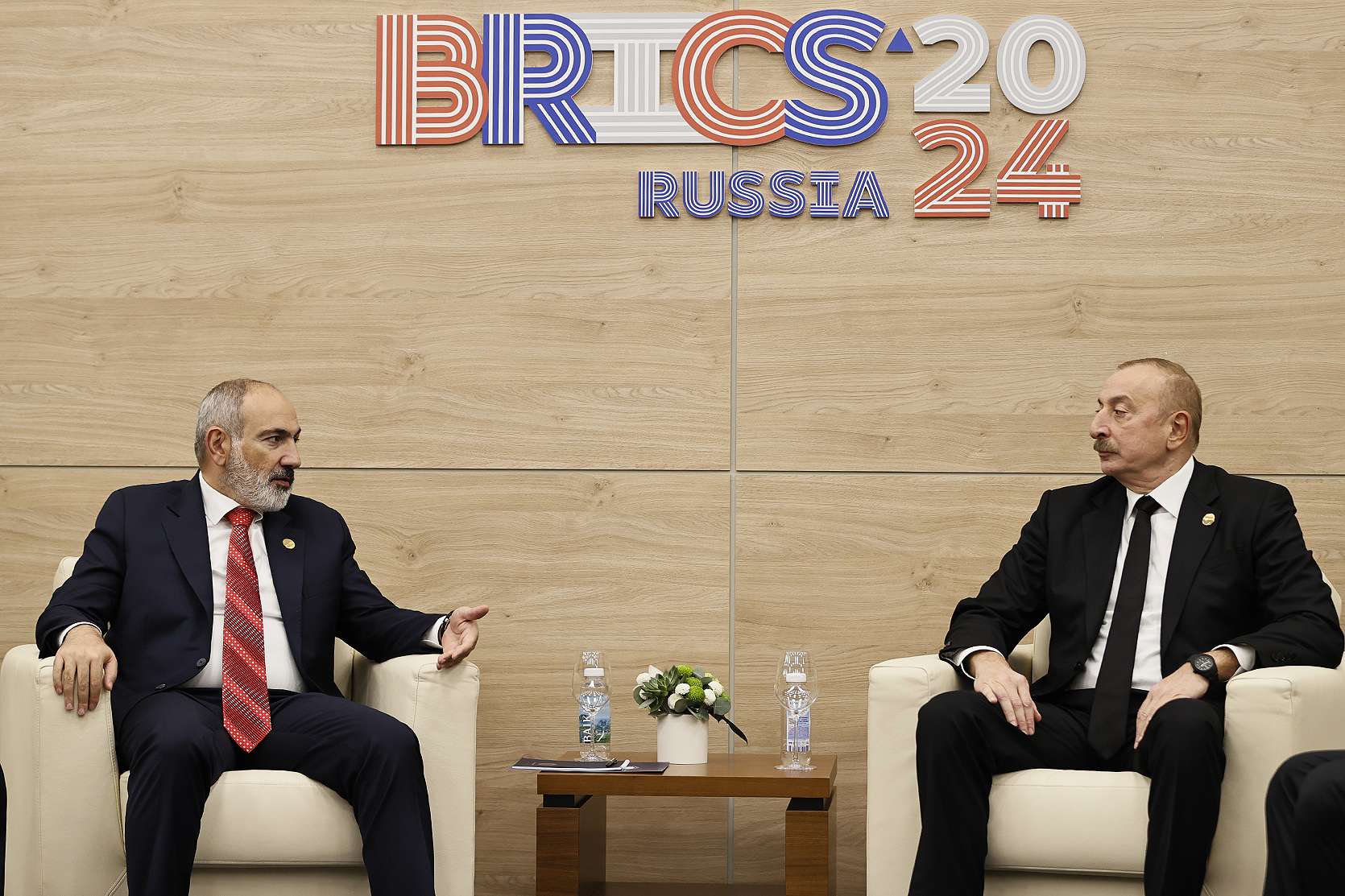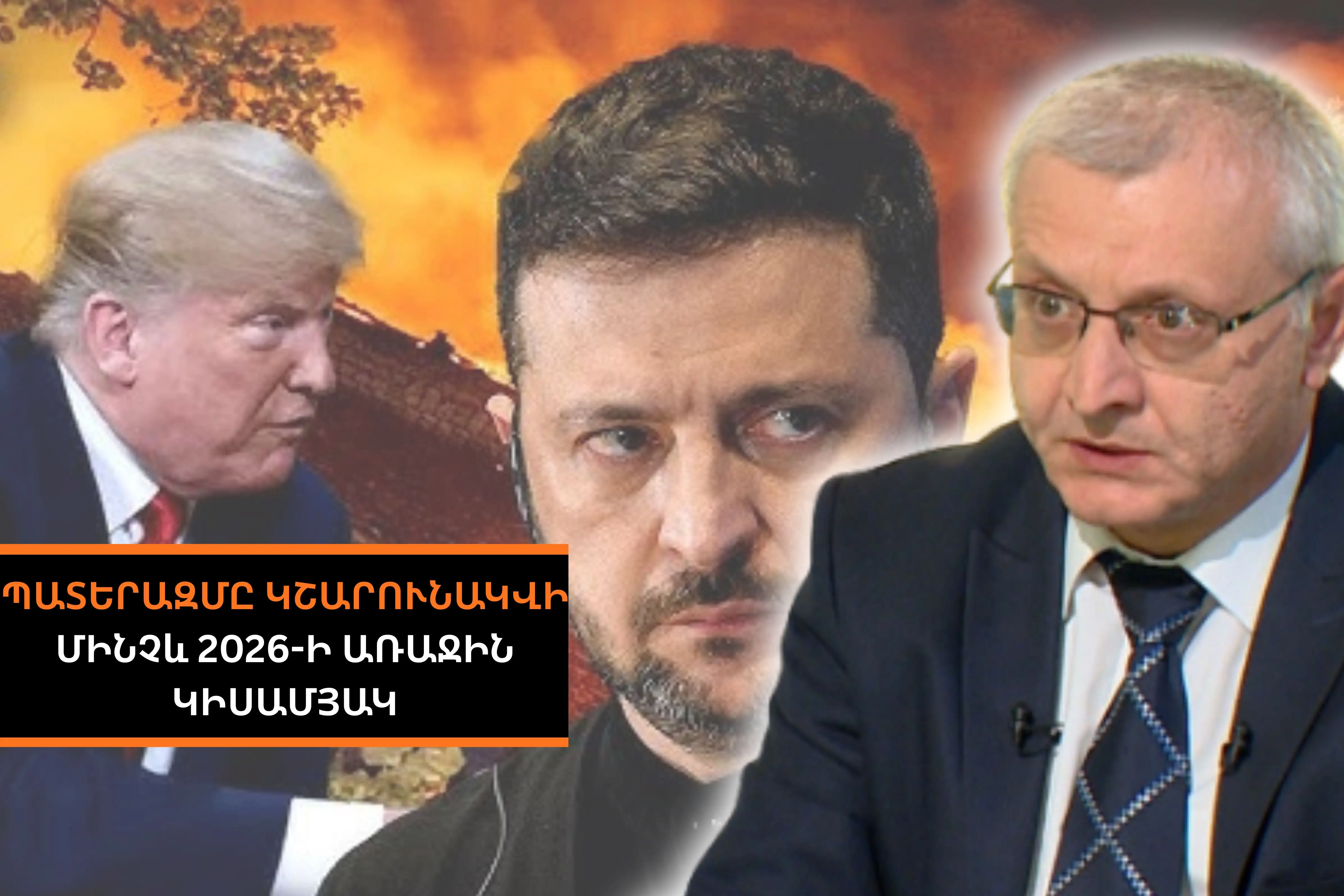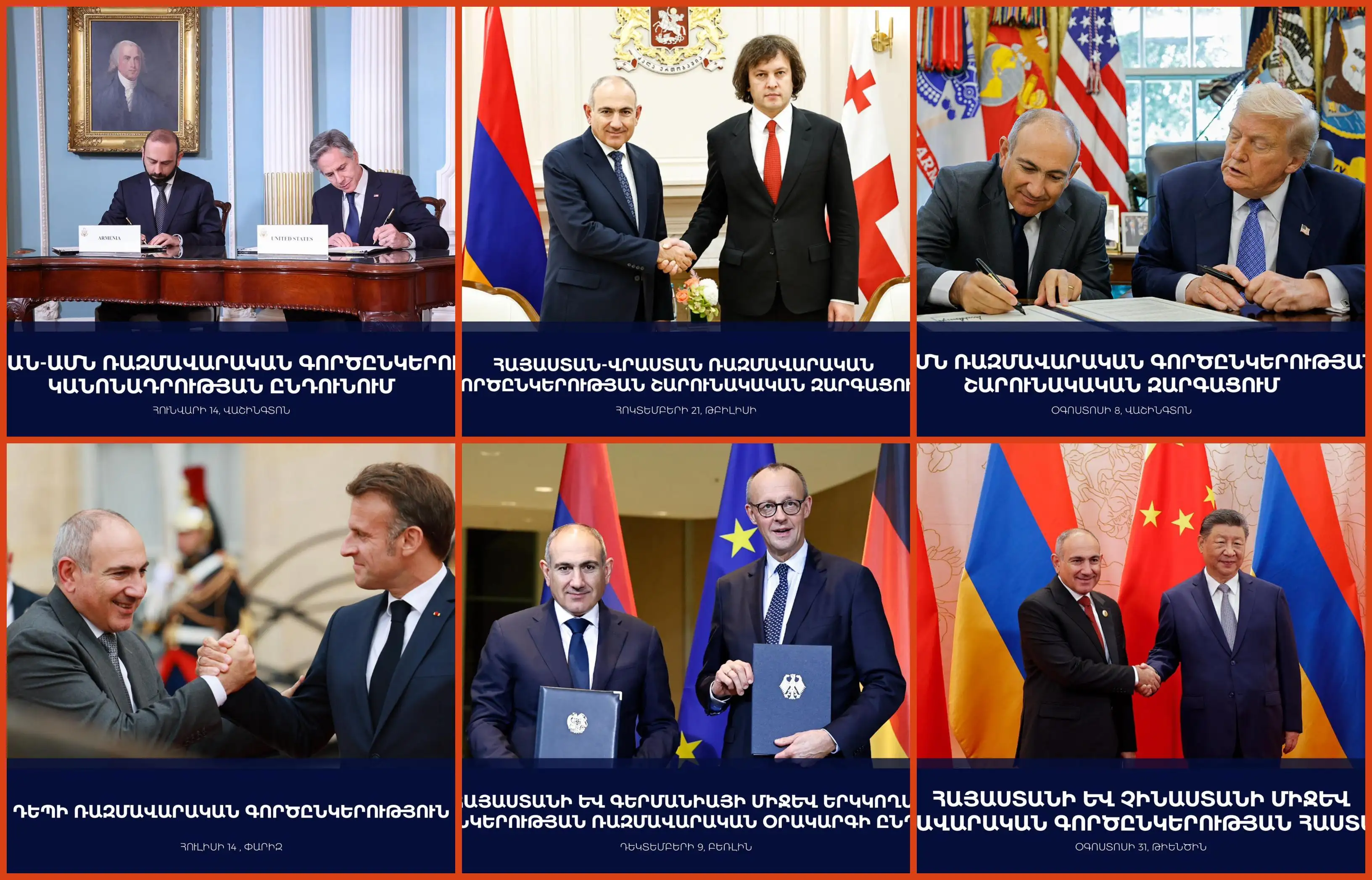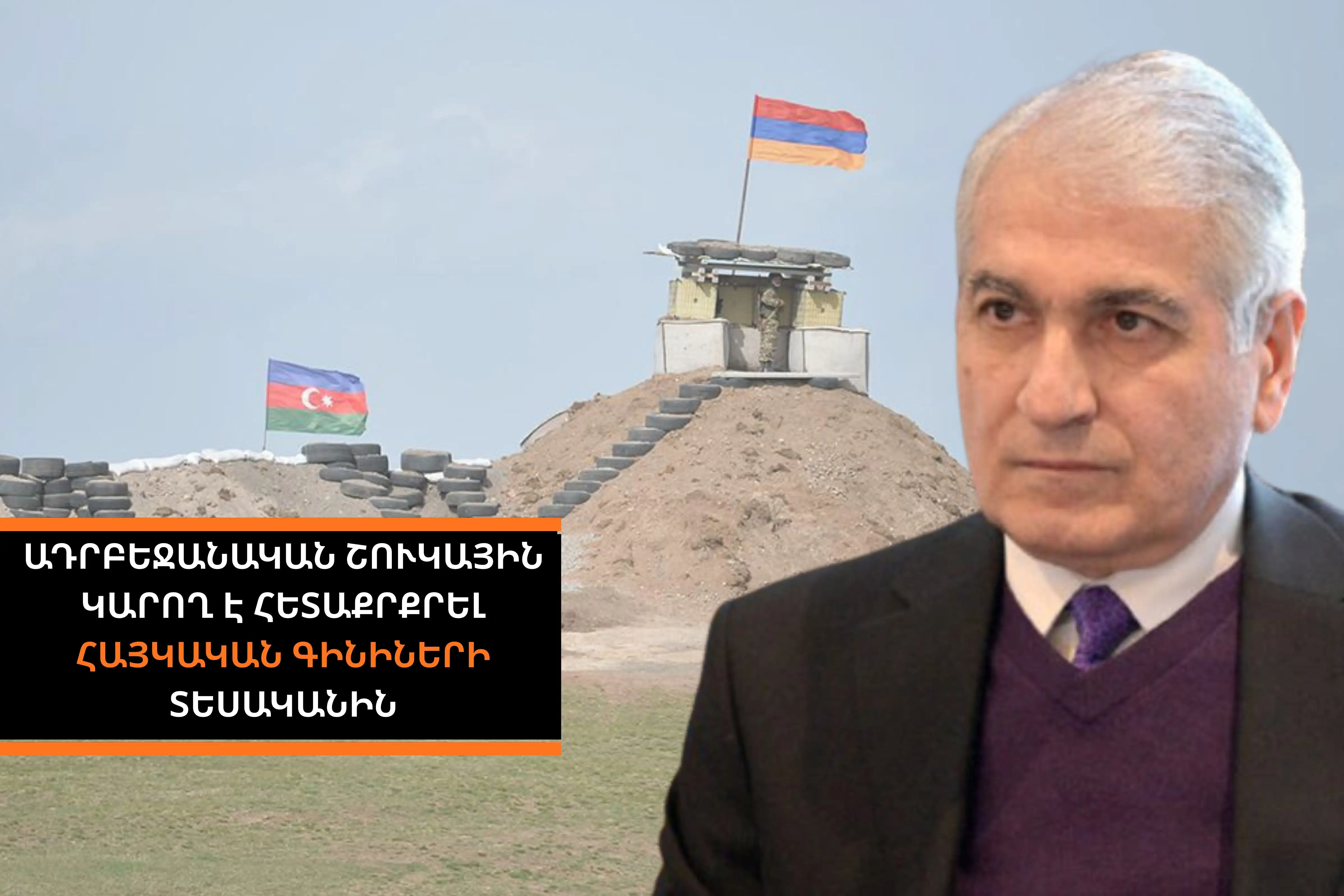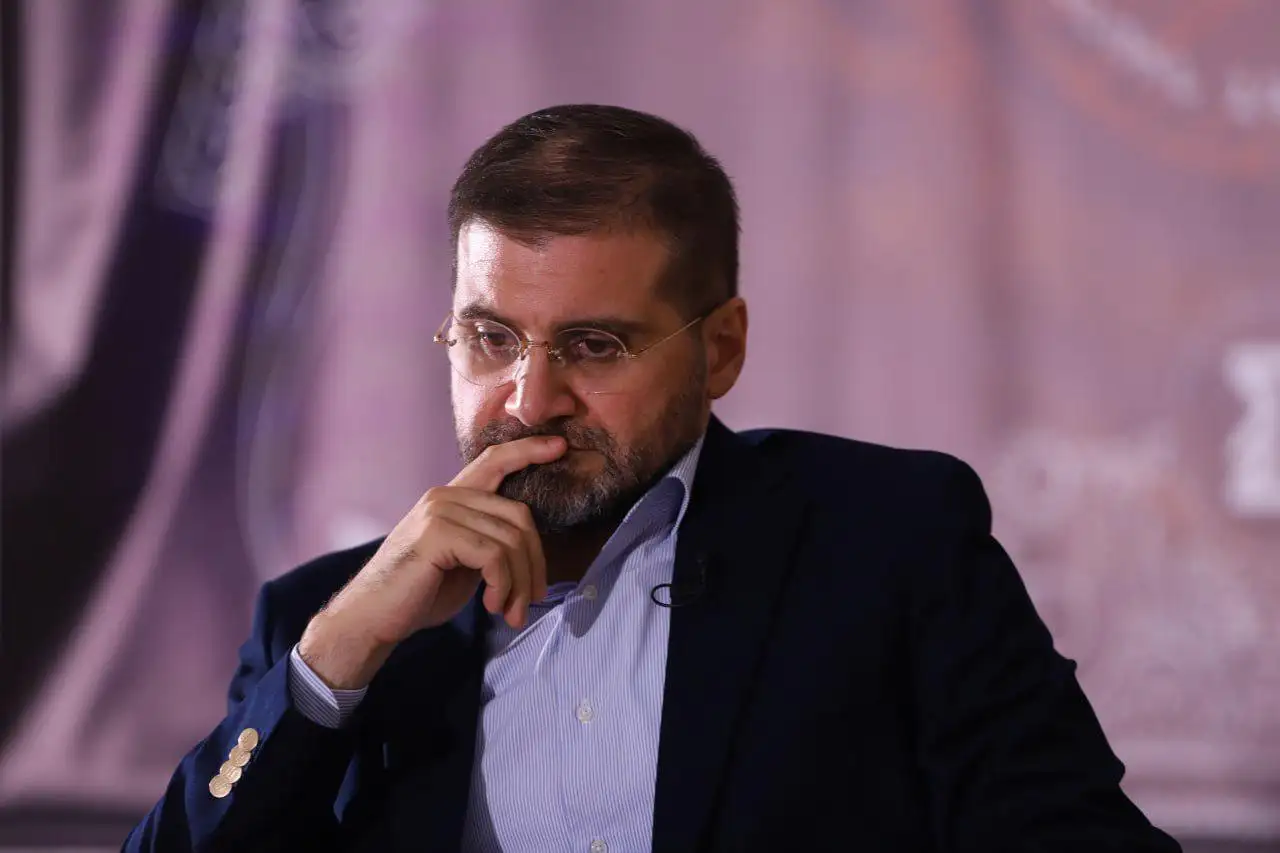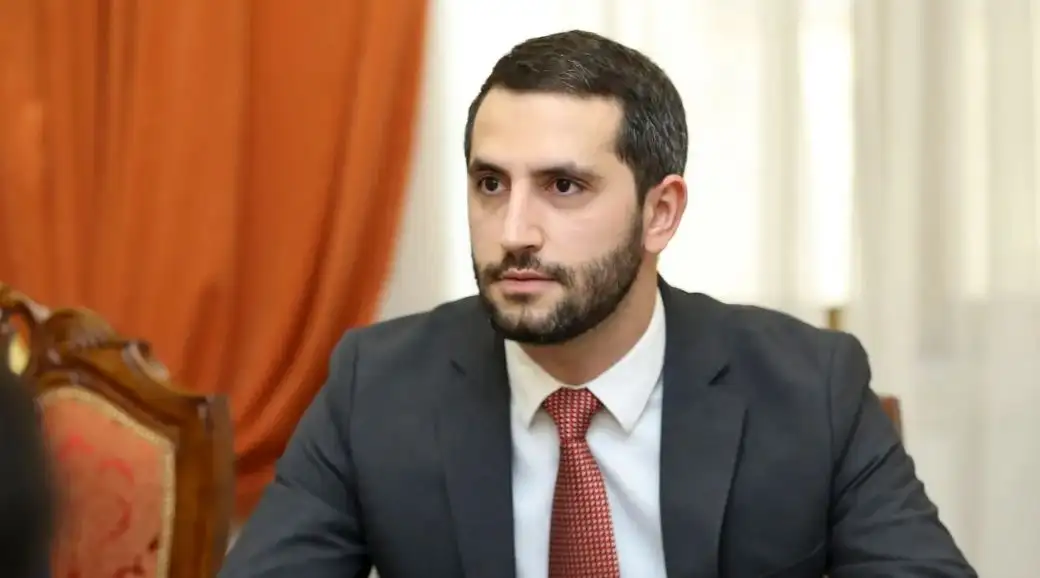RA Prime Minister Nikol Pashinyan referred to Azerbaijan's claims that Armenia's constitution allegedly contains territorial claims against their country. He stressed, "Azerbaijan's claims that the Constitution of the Republic of Armenia contains territorial claims from Azerbaijan are based on the fact that in the preamble of the Constitution of Armenia, there is a general reference to the Declaration of Independence, which in turn mentions Nagorno Karabakh."
The Prime Minister also reminded, "The Constitutional Court of Armenia recorded in its 2024 decision that the reference to the declaration of independence in the constitution's preamble refers exclusively to those provisions that have been enshrined in the articles of the constitution."
According to him, no provision in the Armenian constitution, either directly or indirectly, refers to Nagorno-Karabakh. Pashinyan also emphasized that the state body of Soviet Armenia adopted the Declaration of Independence, while the constitution was adopted by the people of independent, internationally recognized Armenia.
At the same time, he spoke about the constitution of Azerbaijan, which contains references to the 1918 Declaration of Independence of Azerbaijan:
"That declaration states that the first republic of Azerbaijan included the eastern and southern Transcaucasia. In 1919, Azerbaijan presented a territorial map, which included most of the regions of Armenia, including Syunik, Vayots Dzor, Ararat, Armavir, Gegharkunik, etc." Pashinyan reminded, noting that these references contain territorial claims against Armenia.
"Thus, the constitution of Azerbaijan has territorial claims against Armenia. But we, as a state, do not raise this issue because it will create a dead end for the peace process," explained Pashinyan.
The prime minister also reminded that the parties in the agreed part of the peace treaty between Armenia and Azerbaijan cannot rely on their domestic legislation to justify the failure to implement the treaty.
Pashinyan also emphasized that Armenia's main priority is providing peace and security, both internally and externally. "We will continue to work within the framework of our "Crossroads of Peace" project, creating regional economic ties, including the opening and re-opening of transport roads, which will improve relations with our neighboring countries," he added.




